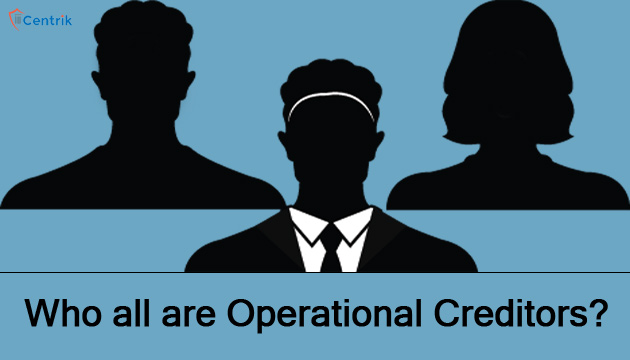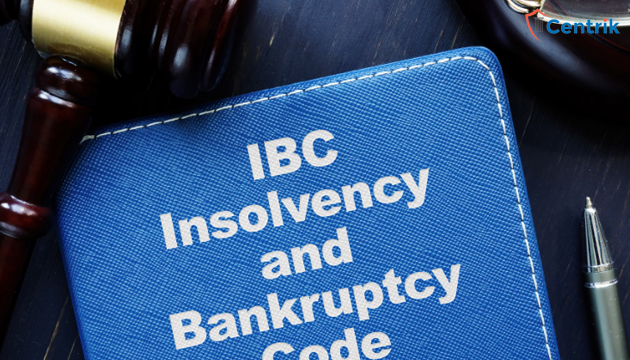
As per section 8 of IBC an operational creditor, if does not receive amount from corporate debtor, has to deliver a demand notice of unpaid amount along with the copy of invoice demanding payment of the amount involved.

It is to be understood that the objective of IBC is not to provide benefit only to selective creditors but to protect the interests of all the stakeholders.

The shareholders and promoters are not the creditors and thereby the resolution plan cannot balance the maximization of the value of assets of the corporate debtor

operational creditors are those creditors where liabilities arise from transactions on operations.

According to the terms of loan resolution in the Insolvency and Bankruptcy Code, the first preference on recovery is to secured financial creditors, followed by unsecured financial creditors, and then operational creditors.

The homebuyers have got a huge sigh of relief, and are finding it easier to get their money back which was a big deal before the enactment of IBC.

This article is about the further actions to be taken by the Operational creditor after serving a demand notice on Operational debtor.

The IBBI and the adjudicating authority are set to play a major role towards the implementation of the new insolvency regime which undoubtedly acts as a catalyst of change and ensures ease of doing business in India.

In this article we have discussed about how an Operational creditor can file an application for initiation of Corporate Insolvency Process against it debtors.

An operational creditor as defined under s 5(20) of the Insolvency and Bankruptcy Code as a person to whom an operational debt is owed and includes any person to whom such debt has been legally assigned or transferred
Indiaʹs new financial disaster law is getting most traction from an uncommon set of lenders, people with the least to benefit from pushing corporations into the insolvency process. Operational or unsecured creditors, who have dues that are not backed via any collateral, might be los angeles st in queue to be repaid once an insolvency … Continue reading “Why closing-in-queue creditors report maximum insolvency lawsuits in India”

There is no specific threshold limit for the NCLT Delhi under the IBC 2016. The IBC provides that a financial creditor, operational creditor, or the corporate debtor itself can initiate the insolvency resolution process with the NCLT.

Homebuyers could only engage in the IBC procedure as a class of financial creditor. Individual homebuyer rights were absorbed by homebuyer rights as a class.

A person to whom a debt has been properly assigned or transferred is also included in the definition of “Financial Creditor” under Section 5(7) of the IBC.

Section 7 of the Code permits a financial creditor to initiate a CIRP procedure against the guarantor being a corporate debtor in accordance with the default committed by the principal borrower.















 join For Updates
join For Updates